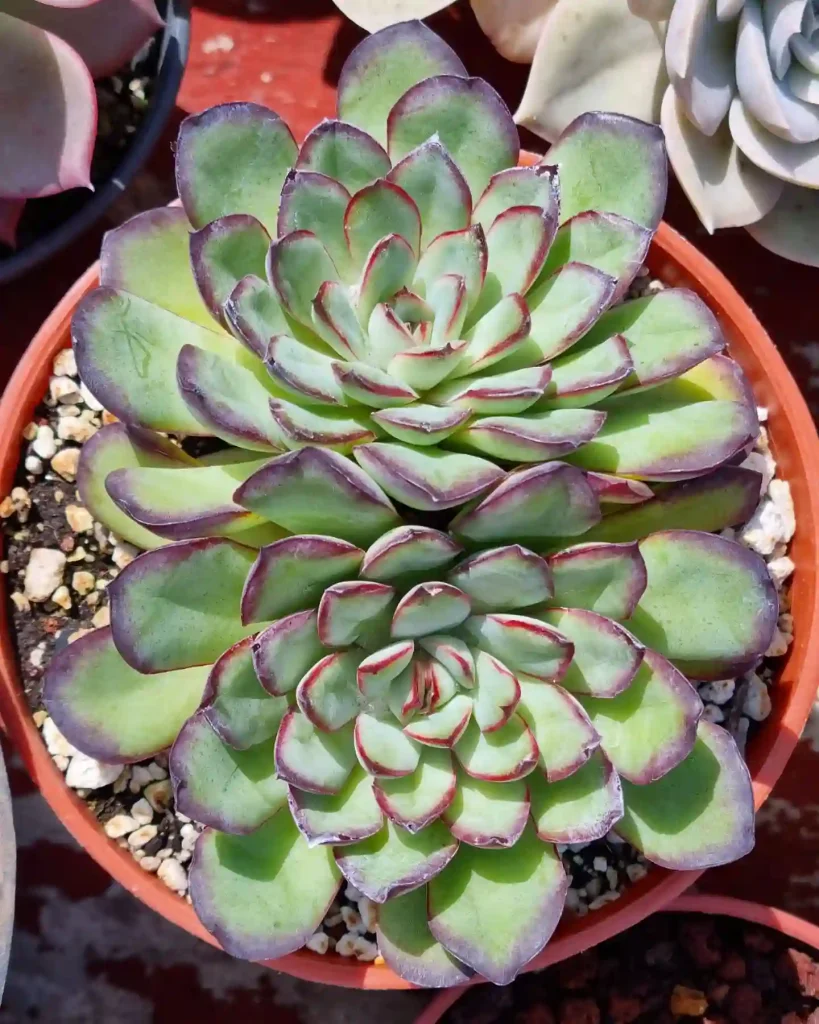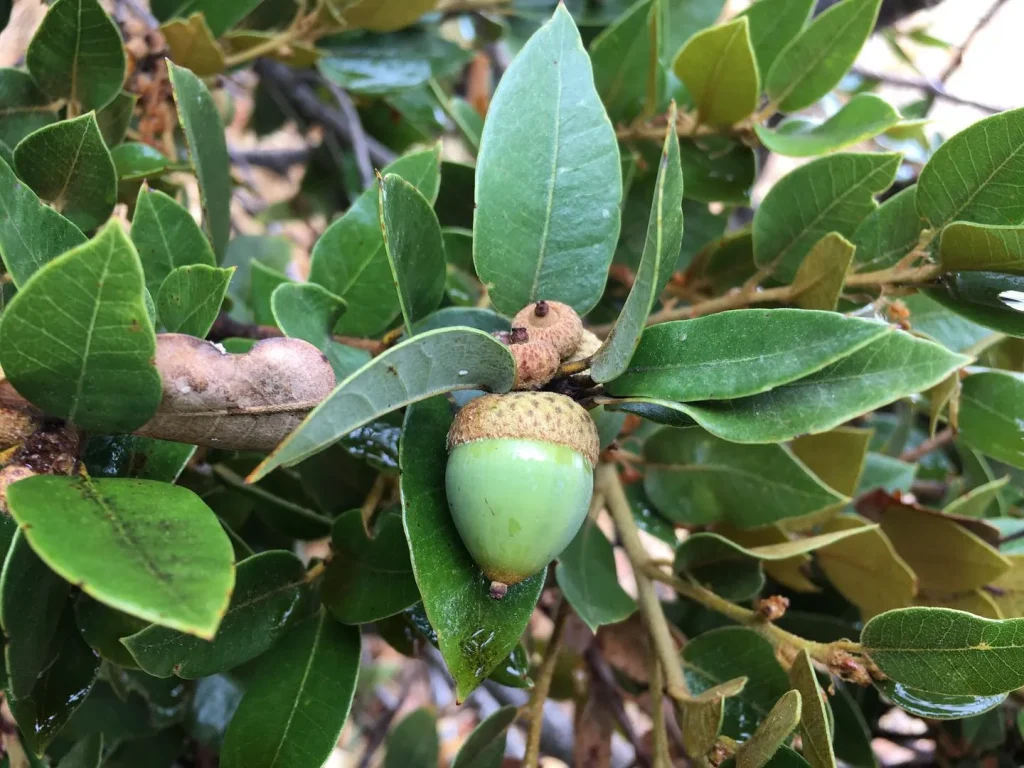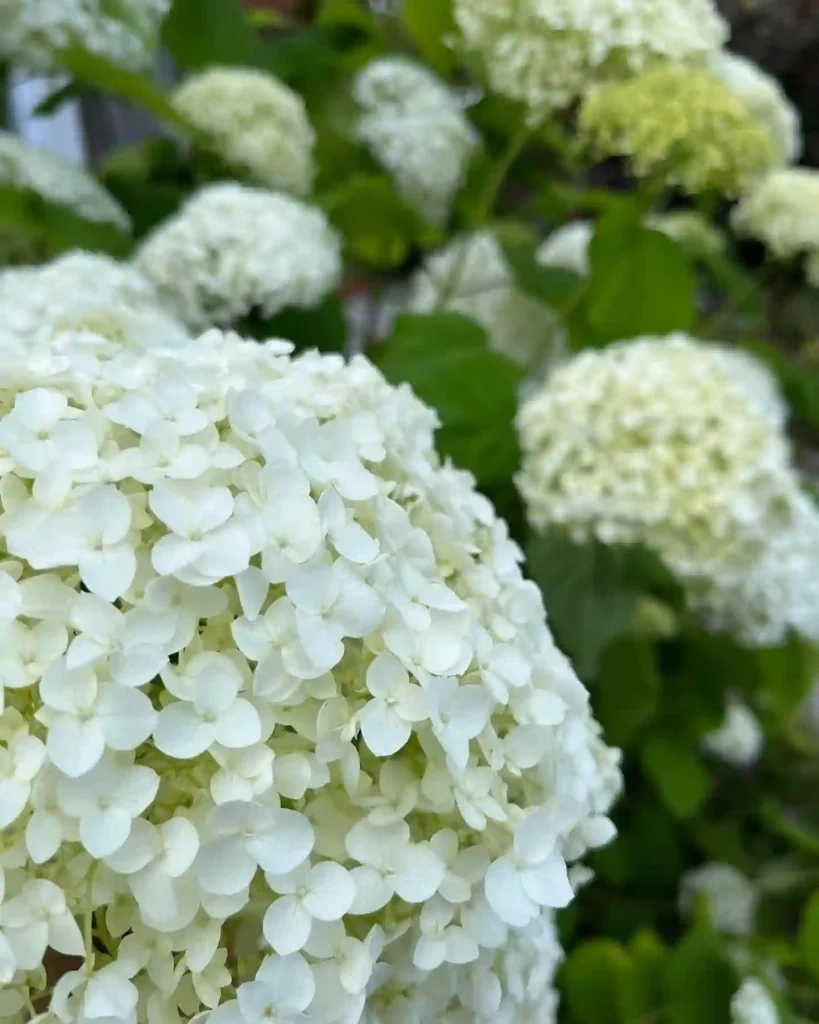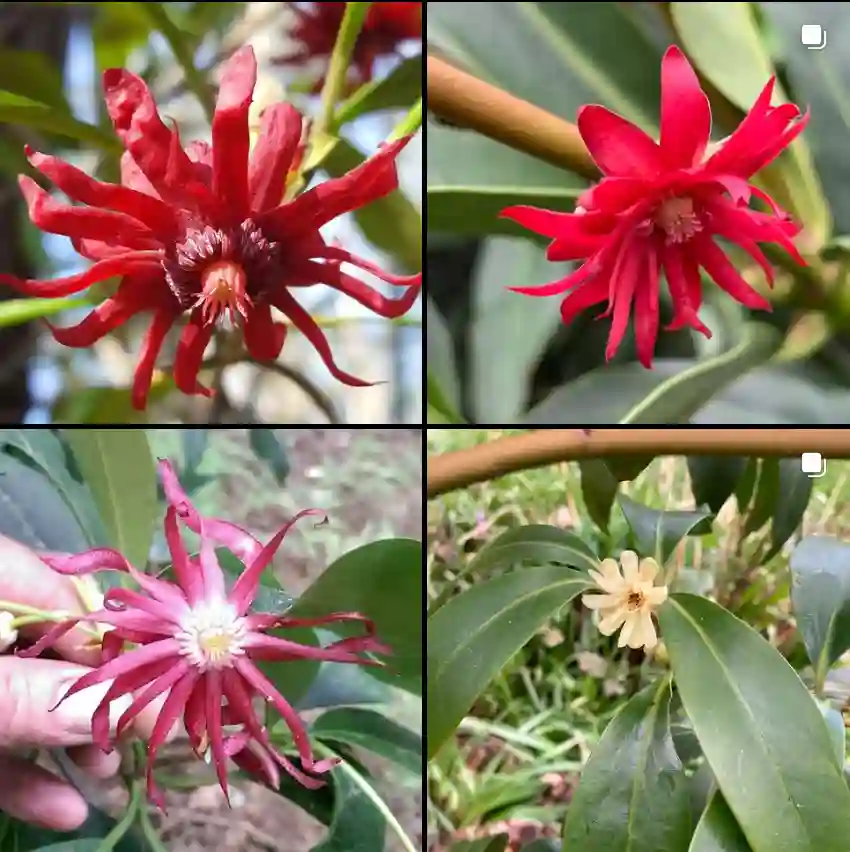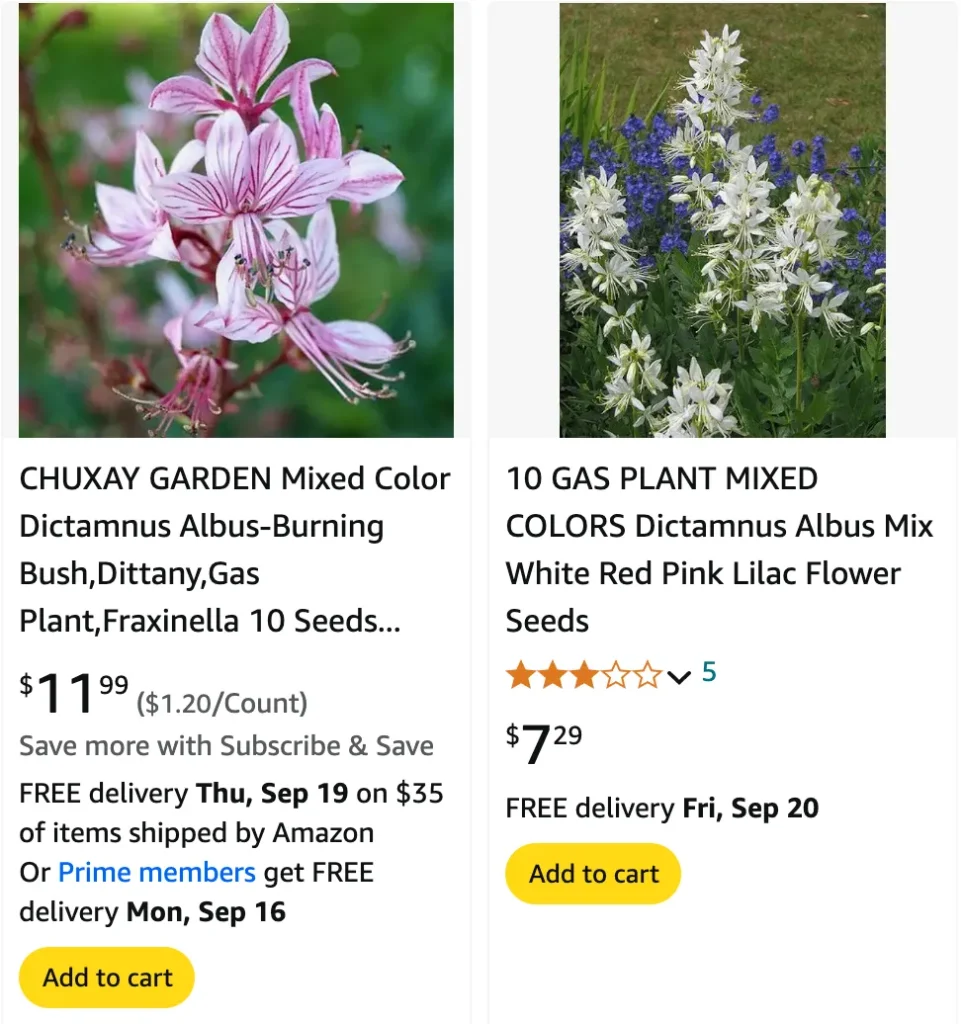
FAQs About Dictamnus Albus: Everything You Need to Know
If you’re as fascinated by plants as I am, you’ve probably come across Dictamnus Albus, also known as the Burning Bush or Gas Plant. This plant has some intriguing characteristics that make it stand out in any garden. Here’s a comprehensive guide to answer some frequently asked questions about Dictamnus Albus.
What is Dictamnus Albus?
Dictamnus Albus is a perennial herbaceous plant belong to the Rutaceae family, native to Europe and Asia. It is known for its distinctive, aromatic foliage and beautiful flowers. The plant earns its nickname “Burning Bush” because of its ability to emit a flammable vapor from its glands. This phenomenon is particularly visible on hot, sunny days, making it quite the spectacle in the garden.
Plant Family: 150 Genera in Rutaceae
Where to Buy Dictamnus Albus?
Finding Dictamnus Albus can be a bit of a hunt. Local nurseries and garden centers sometimes carry it, especially those specializing in unusual or exotic plants. If you’re looking for convenience, online plant retailers are a great option. Websites like Plant Delights Nursery, White Flower Farm, and Rare Plant Society often list Dictamnus Albus. Make sure to choose a reputable seller to ensure you get a healthy plant.
How to Care for Dictamnus Albus?
Dictamnus Albus is relatively low-maintenance but does have specific needs. It thrives in full sun and well-drained soil. The plant is drought-tolerant once established, making it ideal for low-water gardens. Regular watering is important during its initial growth phase, but you should avoid overwatering. Fertilize in early spring with a balanced fertilizer to promote healthy growth and abundant blooms.
How to Propagate Dictamnus Albus?
Propagating Dictamnus Albus can be done through seed or division. For seeds, sow them in late winter or early spring in a seed-starting mix. They need light to germinate, so don’t cover them with soil. Keep them in a warm, sunny spot. For division, separate the plant in early spring or fall, ensuring each division has a healthy root system. Replant immediately to minimize shock.
What to Plant with Dictamnus Albus?
Dictamnus Albus pairs beautifully with other perennials that enjoy similar growing conditions. Consider planting it alongside Lavender, Russian Sage, or Echinacea. These companions will complement the Gas Plant’s colors and provide a harmonious garden aesthetic. Avoid planting it with very aggressive or invasive species, as it can struggle to compete.
Can You Grow Dictamnus Albus Indoors?
Dictamnus Albus is best suited for outdoor cultivation. It requires full sunlight and a lot of space, which can be challenging to provide indoors. If you want to attempt growing it indoors, ensure you have a bright, south-facing window and ample space for its growth. However, it is not a common choice for indoor gardening due to its size and light requirements.
Is Dictamnus Albus Toxic?
Yes, Dictamnus Albus is toxic. The plant contains essential oils that can cause skin irritation upon contact. Additionally, the plant’s flammable vapors can be harmful if inhaled in large quantities. It’s best to handle the plant with care and ensure pets and children don’t come into contact with it.
Benefits of Growing Dictamnus Albus
Aside from its striking appearance and unique characteristics, Dictamnus Albus offers several benefits. It is highly attractive to pollinators like bees and butterflies, which can enhance the biodiversity of your garden. Its drought tolerance makes it an excellent choice for sustainable gardening practices.
Common Problems with Dictamnus Albus
One common issue with Dictamnus Albus is its slow growth. It can take a few years to establish itself and reach its full potential. Additionally, the plant can be susceptible to powdery mildew, especially in humid conditions. To prevent this, ensure good air circulation and avoid overhead watering.
Comparing Dictamnus Albus to Similar Plants
Dictamnus Albus is often compared to other aromatic or visually striking plants like Euphorbia or Foxglove. Unlike Euphorbia, which also has a reputation for toxicity, Dictamnus Albus’s toxicity comes from its essential oils, not its latex. Foxglove, on the other hand, shares some visual similarities but is known for its medicinal properties, which Dictamnus Albus lacks.
Final Thoughts
Dictamnus Albus is a fascinating plant with unique features that make it a standout in any garden. While it does require specific conditions and care, the rewards are well worth the effort. From its striking appearance to its intriguing flammable vapors, Dictamnus Albus can be a conversation starter and a highlight of your garden. Whether you’re a seasoned gardener or a curious plant enthusiast, this plant offers a lot to explore and enjoy.
If i die, water my plants!
